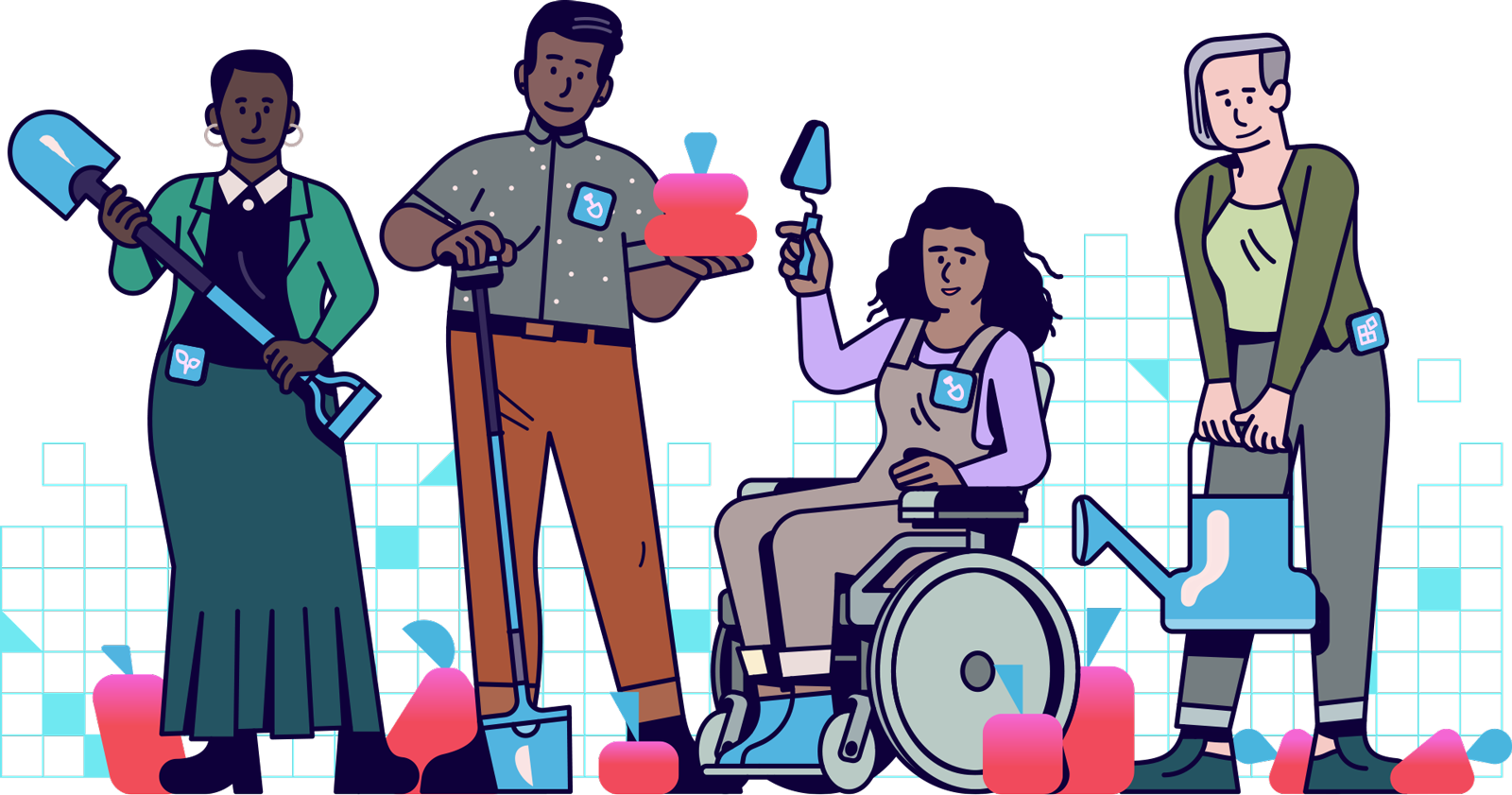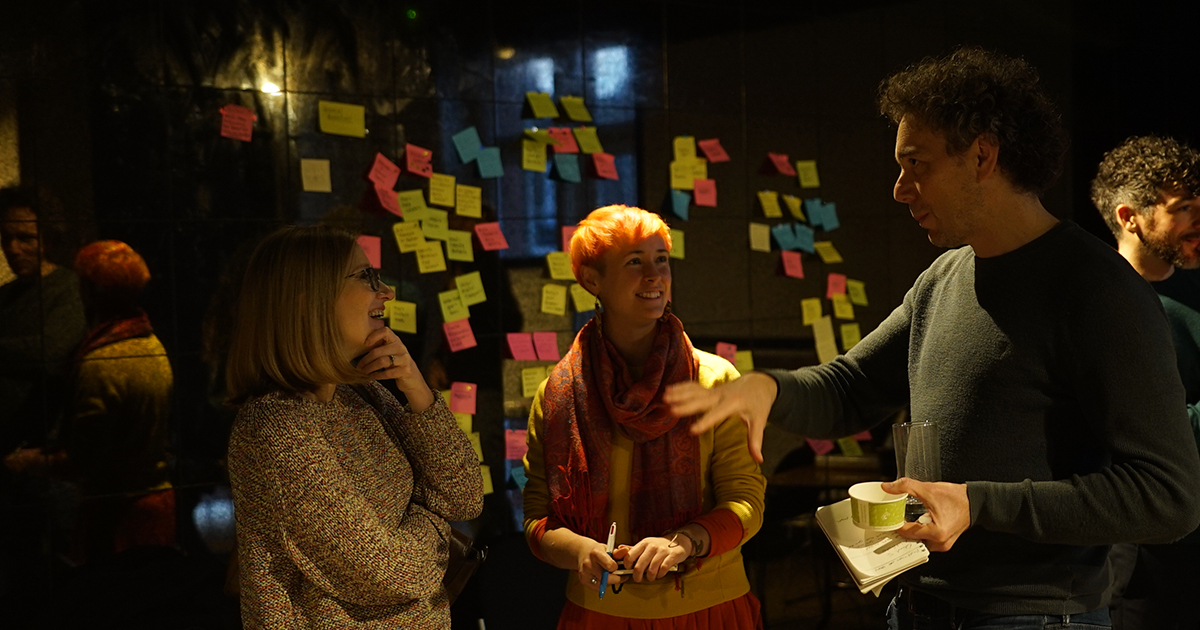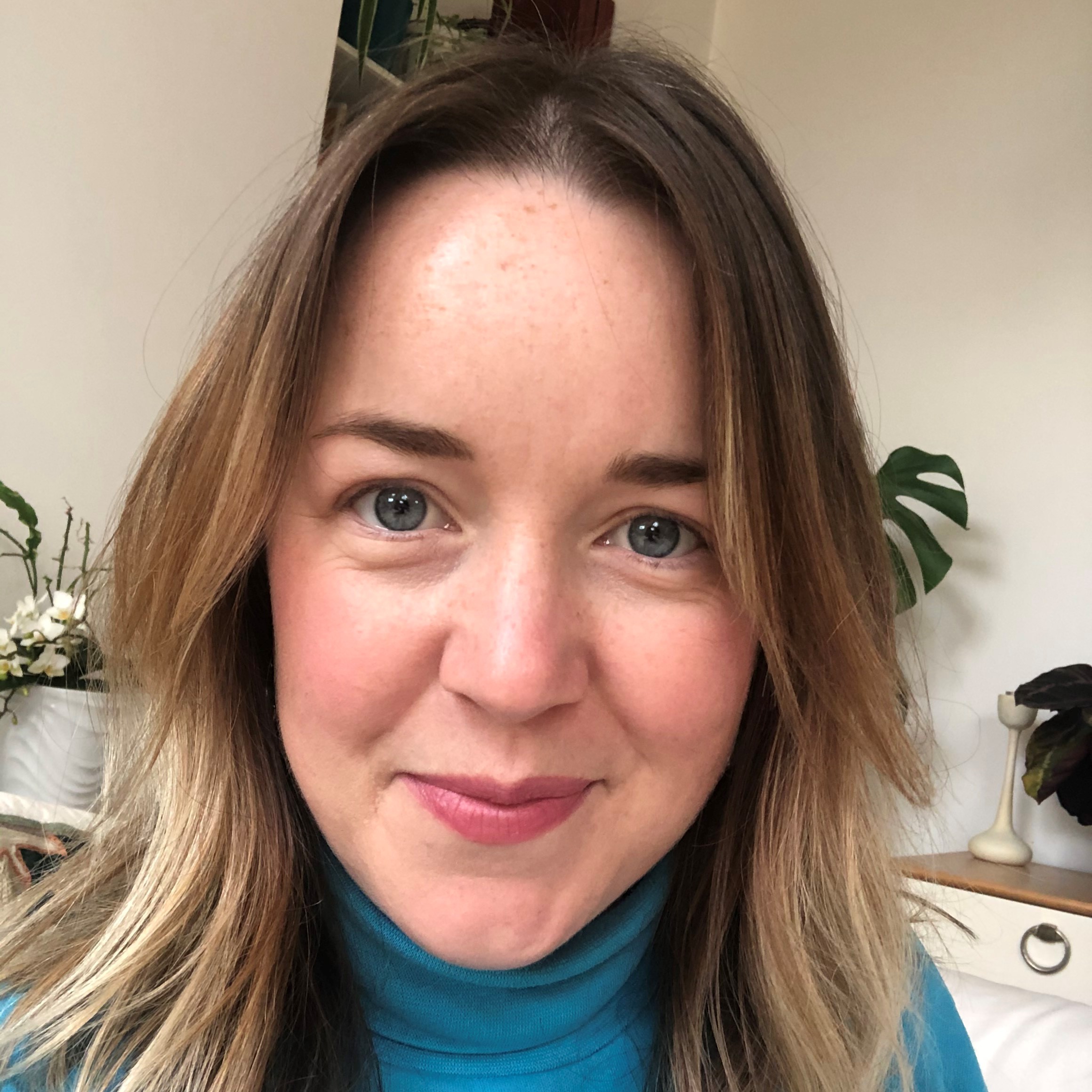
We propose forming a data collective: a conscious, coordinated effort by a group of organisations with expertise in gathering and using data in the charity sector. Here's why...
The COVID-19 pandemic and its resulting effects on the UK economy are already having huge negative impacts on our society. Everything from our financial resilience to physical and mental wellbeing is under threat; and people who are already vulnerable will be most impacted.
In order to respond properly, both now and in the longer term, we need to understand what the changes mean. In particular, we need to better understand:
- The current and emerging needs of individuals and communities during the crisis
- What services are being delivered to help meet those needs
- Whether those services are effective
- How the lockdown has financially impacted people and the organisations that serve them
These are fundamental questions that many different organisations are trying to answer. But the information we need to do this is held by different people, in different places and can’t be easily joined up. This makes it hard to act on.
This lack of cohesion is a serious issue. It leads to a lack of knowledge. And if we don't know enough about the problems we're trying to solve, or how we're trying to solve them, it will be difficult for charities to adequately serve the needs of our society.
So what’s the solution?
The starting point is good quality data. There are various data collection efforts by government, funders and charities across the UK, but the work is not coordinated and the data is rarely standardised.
We propose forming a data collective: a conscious, coordinated effort by a group of organisations with expertise in gathering and using data in the charity sector. We want to make sure that people in charities, on the front line and in leadership positions have access to the information they need, in a timely fashion, in the easiest possible format to understand, with the clearest possible analysis of what it means for them.
What could a data collective look like?
A group of 15 organisations has come together to explore ideas on how we can better share our skills and insights with others. Our collective purpose is to improve visibility and understanding of the needs of people and communities. This is particularly needed during the current crisis and supporting recovery plans; but it’s work we also want to do in the longer-term.
We are driven by a common set of principles that support our efforts to work together. We are:
- Open - sharing the data and insights we have as openly as possible whilst respecting the digital rights of the people the data is about.
- Practical - reviewing what data we have, its potential, its limitations, how it can be standardised and helping others to access and use it.
- Collaborative - working together and co-producing products and tools to create new value, acknowledging the efforts of others and signposting to it so that other similar initiatives don’t need to start from scratch.
- Conscientious - our goal is to understand the needs of people, communities and organisations, not to gain plaudits or to promote particular models, products or tools.
We are inviting organisations that are collecting and analysing good quality data to join the data collective. We would ask them to make their data publicly available and to explore how they can combine their efforts with others.
By being part of the data collective, organisations can get pro bono advice on how to collect and curate data so it can be used and shared ethically; and other members of the collective will be able to signpost to their work, knowing that there is a dedicated contact point that can answer questions on how to use the data they hold. We also want to provide opportunities to share ideas and learn from one another.
Responding to the current crisis
We have identified seven areas of work we want to collaborate on during the current crisis:
Work that’s needed now:
- A mapping of different data collection efforts across the sector
- Better signposting to them, with named people who can help with understanding the information being shared
- Joining up of complementary efforts to understand the needs of specific sectors and groups
- Start working together on new collaborative datasets about how the sector is responding to COVID-19
Work that’s needed longer term:
- Improved approaches to collecting and standardising data so it’s more useful
- Improved approaches to surveying organisations and individuals
- Support for using and presenting data so non-experts can understand it
There are already several organisations leading clusters of work and we hope that more clusters will form through this collective. Examples include:
- Turn2us are working with NPC and a growing list of organisations to collect and share data and insights on financial hardship. They want to collaborate with others on these insights and learning to inform policy and programmes.
- 360Giving provides pro bono support to funders so they can share data on grants awarded in a standardised, open way. They have developed a COVID-19 Grants Tracker, making it easier to see which organisations are being funded during the crisis.
- SIB Group is using the data it collects as part of its Social Economy Data Lab, combined with data shared by OCSI, British Red Cross and a group of social investors, to produce data on the effect of COVID-19 on local economies, and regular updates on the impact of COVID-19 on charities and social enterprises.
- The British Red Cross has developed a COVID-19 Vulnerability Index that brings together data to identify vulnerable areas and groups within local authorities and neighbourhoods. This data is freely available and they offer support on how you can use it.
We are not proposing to develop a single approach to collecting and sharing data across the sector - that isn’t feasible and ignores the reasons why we need different data to do different things. Instead, we are inviting organisations that are leading data initiatives to share their work publicly and to practically explore how they can support others to use it, contribute to it and collaborate on doing that.
How you can get involved
If you’re leading a data initiative and would like to find out more, please get in touch. We know there are many organisations and efforts out there and we want to explore how we can work together and which communication channels and tools are needed to help us do that.
This article has been prepared in collaboration with:
- 360Giving
- British Red Cross
- Catalyst
- Centre for Youth Impact
- Citizens Advice
- DataKind UK
- London Plus
- NCVO
- New Philanthropy Capital
- Open Data Institute
- OCSI
- Pro Bono Economics
- Pt2
- SIB Group
- Turn2us
With thanks to David Ainsworth, Dan Barrett, Jo Kerr, Tris Lumley and Richard Pope for their articles and blogs that have inspired this idea.
The COVID-19 pandemic and its resulting effects on the UK economy are already having huge negative impacts on our society. Everything from our financial resilience to physical and mental wellbeing is under threat; and people who are already vulnerable will be most impacted.
In order to respond properly, both now and in the longer term, we need to understand what the changes mean. In particular, we need to better understand:
- The current and emerging needs of individuals and communities during the crisis
- What services are being delivered to help meet those needs
- Whether those services are effective
- How the lockdown has financially impacted people and the organisations that serve them
These are fundamental questions that many different organisations are trying to answer. But the information we need to do this is held by different people, in different places and can’t be easily joined up. This makes it hard to act on.
This lack of cohesion is a serious issue. It leads to a lack of knowledge. And if we don't know enough about the problems we're trying to solve, or how we're trying to solve them, it will be difficult for charities to adequately serve the needs of our society.
So what’s the solution?
The starting point is good quality data. There are various data collection efforts by government, funders and charities across the UK, but the work is not coordinated and the data is rarely standardised.
We propose forming a data collective: a conscious, coordinated effort by a group of organisations with expertise in gathering and using data in the charity sector. We want to make sure that people in charities, on the front line and in leadership positions have access to the information they need, in a timely fashion, in the easiest possible format to understand, with the clearest possible analysis of what it means for them.
What could a data collective look like?
A group of 15 organisations has come together to explore ideas on how we can better share our skills and insights with others. Our collective purpose is to improve visibility and understanding of the needs of people and communities. This is particularly needed during the current crisis and supporting recovery plans; but it’s work we also want to do in the longer-term.
We are driven by a common set of principles that support our efforts to work together. We are:
- Open - sharing the data and insights we have as openly as possible whilst respecting the digital rights of the people the data is about.
- Practical - reviewing what data we have, its potential, its limitations, how it can be standardised and helping others to access and use it.
- Collaborative - working together and co-producing products and tools to create new value, acknowledging the efforts of others and signposting to it so that other similar initiatives don’t need to start from scratch.
- Conscientious - our goal is to understand the needs of people, communities and organisations, not to gain plaudits or to promote particular models, products or tools.
We are inviting organisations that are collecting and analysing good quality data to join the data collective. We would ask them to make their data publicly available and to explore how they can combine their efforts with others.
By being part of the data collective, organisations can get pro bono advice on how to collect and curate data so it can be used and shared ethically; and other members of the collective will be able to signpost to their work, knowing that there is a dedicated contact point that can answer questions on how to use the data they hold. We also want to provide opportunities to share ideas and learn from one another.
Responding to the current crisis
We have identified seven areas of work we want to collaborate on during the current crisis:
Work that’s needed now:
- A mapping of different data collection efforts across the sector
- Better signposting to them, with named people who can help with understanding the information being shared
- Joining up of complementary efforts to understand the needs of specific sectors and groups
- Start working together on new collaborative datasets about how the sector is responding to COVID-19
Work that’s needed longer term:
- Improved approaches to collecting and standardising data so it’s more useful
- Improved approaches to surveying organisations and individuals
- Support for using and presenting data so non-experts can understand it
There are already several organisations leading clusters of work and we hope that more clusters will form through this collective. Examples include:
- Turn2us are working with NPC and a growing list of organisations to collect and share data and insights on financial hardship. They want to collaborate with others on these insights and learning to inform policy and programmes.
- 360Giving provides pro bono support to funders so they can share data on grants awarded in a standardised, open way. They have developed a COVID-19 Grants Tracker, making it easier to see which organisations are being funded during the crisis.
- SIB Group is using the data it collects as part of its Social Economy Data Lab, combined with data shared by OCSI, British Red Cross and a group of social investors, to produce data on the effect of COVID-19 on local economies, and regular updates on the impact of COVID-19 on charities and social enterprises.
- The British Red Cross has developed a COVID-19 Vulnerability Index that brings together data to identify vulnerable areas and groups within local authorities and neighbourhoods. This data is freely available and they offer support on how you can use it.
We are not proposing to develop a single approach to collecting and sharing data across the sector - that isn’t feasible and ignores the reasons why we need different data to do different things. Instead, we are inviting organisations that are leading data initiatives to share their work publicly and to practically explore how they can support others to use it, contribute to it and collaborate on doing that.
How you can get involved
If you’re leading a data initiative and would like to find out more, please get in touch. We know there are many organisations and efforts out there and we want to explore how we can work together and which communication channels and tools are needed to help us do that.
This article has been prepared in collaboration with:
- 360Giving
- British Red Cross
- Catalyst
- Centre for Youth Impact
- Citizens Advice
- DataKind UK
- London Plus
- NCVO
- New Philanthropy Capital
- Open Data Institute
- OCSI
- Pro Bono Economics
- Pt2
- SIB Group
- Turn2us
With thanks to David Ainsworth, Dan Barrett, Jo Kerr, Tris Lumley and Richard Pope for their articles and blogs that have inspired this idea.

Support & services
Our free services help you make the right decisions and find the right support to make digital happen.
Learn what other non-profits are doing
39+ organisations share 50+ Guides to how they use digital tools to run their services. Visit Shared Digital Guides.

CAST and Catalyst: the journey, the transition - and beyond





